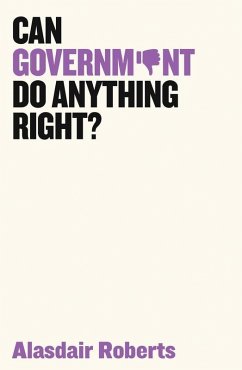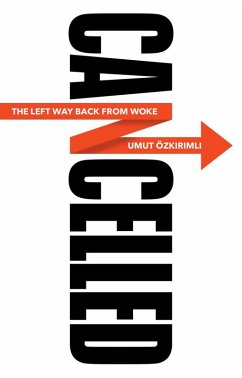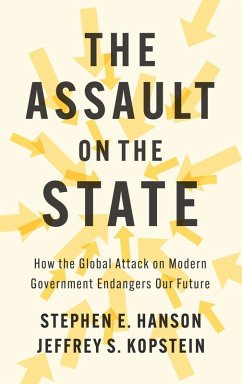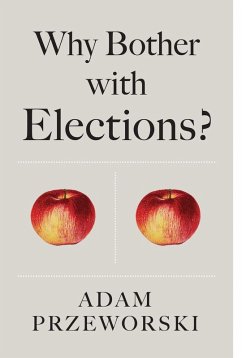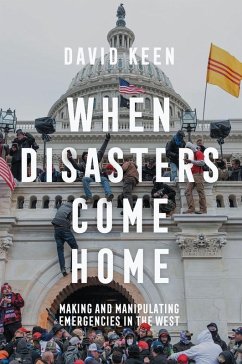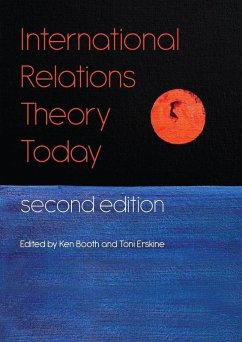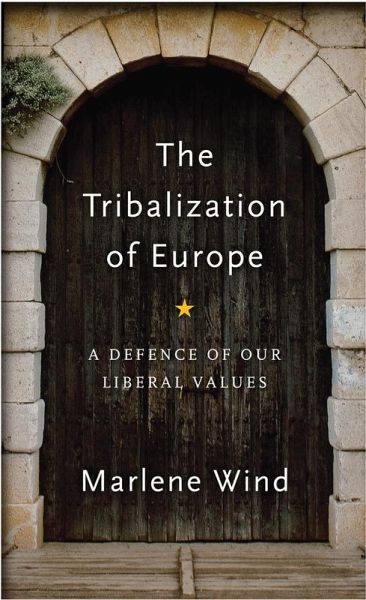
The Tribalization of Europe (eBook, ePUB)
A Defence of our Liberal Values
Versandkostenfrei!
Sofort per Download lieferbar
14,99 €
inkl. MwSt.
Weitere Ausgaben:

PAYBACK Punkte
0 °P sammeln!
Tribalization is a global megatrend in today's world. The election of Donald Trump, the Brexit vote, populist movements like Catalan separatism - together with democratic backsliding in Central and Eastern Europe - are all examples of tribalization. Fuelled by anti-globalism and identity politics, tribalization is drawing up the drawbridge to the world. It is putting cultural differences before dialogue, collaboration and universal liberal values. But tribalism is a dangerous road to go down. With it, argues Marlene Wind, we have put democracy itself in danger. Tribalism is not just about bein...
Tribalization is a global megatrend in today's world. The election of Donald Trump, the Brexit vote, populist movements like Catalan separatism - together with democratic backsliding in Central and Eastern Europe - are all examples of tribalization. Fuelled by anti-globalism and identity politics, tribalization is drawing up the drawbridge to the world. It is putting cultural differences before dialogue, collaboration and universal liberal values. But tribalism is a dangerous road to go down. With it, argues Marlene Wind, we have put democracy itself in danger. Tribalism is not just about being pro-nation, anti-EU and anti-global. It is in many instances a bigger and more fundamental movement that casts aside the liberal democratic principles we once held in common. At a time when former defenders of liberal values are increasingly silent or have even joined the growing chorus of tribalists, this book is a wakeup call. Drawing on a wide range of examples from the UK and the US to Spain, Hungary and Poland, Wind highlights the dangers of identity politics and calls on people to stand up for democracy and the rule of law.
Dieser Download kann aus rechtlichen Gründen nur mit Rechnungsadresse in A, B, BG, CY, CZ, D, DK, EW, E, FIN, F, GR, HR, H, IRL, I, LT, L, LR, M, NL, PL, P, R, S, SLO, SK ausgeliefert werden.






